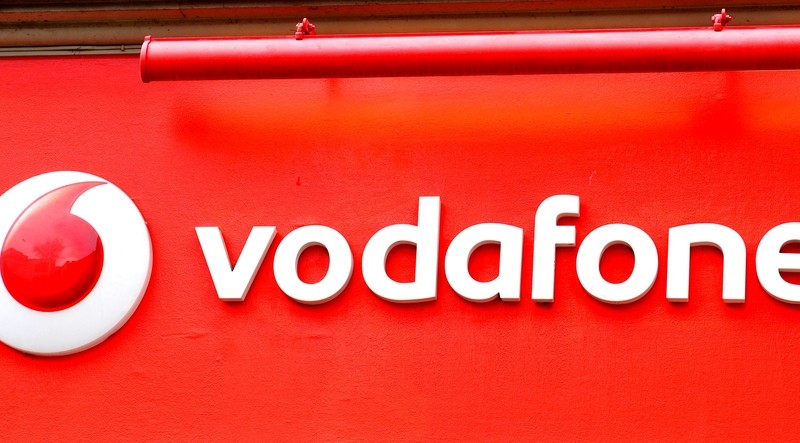Do Vodafone and Legal & General’s high yields appeal as inflation soars to a 10-year high?

Inflation’s recent surge to 5.1% means that life has become even more challenging for income seekers. Indeed, the after-inflation returns on assets such as bonds and cash have moved further into negative territory. Even the FTSE 100’s 3.5% dividend yield is insufficient to provide a positive after-inflation return.
However, a number of the index’s members, including Vodafone (LON: VOD) and Legal & General (LON: LGEN), offer significantly higher yields than the FTSE 100. Could their respective 6.9% and 6.3% dividend yields offer long-term income investing potential?
Legal & General
Legal & General has a solid track record of delivering dividend growth. In the past four financial years it has grown dividends per share from 14p to 18p, which equates to an annualised growth rate of around 6.5%.
Looking ahead, the firm is forecast to further increase its shareholder payouts on a per share basis. In fact, the 5.4% forecast rise in dividends per share in each of the next two financial years could mean that its income level provides a degree of protection in an era of higher inflation. Moreover, its dividends are expected to be covered around 1.9 times by earnings in the current year. This suggests they are relatively sustainable at their current, and prospective, level.
In addition to its income potential, Legal & General’s share price could offer capital growth prospects. The firm’s latest results showed it is making good progress in delivering on its growth strategy in an era where environmental, social and governance (ESG) factors are becoming increasingly important. Indeed, its 14% rise in operating profit shows that it has the capacity to outperform a number of FTSE 100 index peers in terms of profit growth.
Clearly, the firm’s financial prospects and share price are likely to be affected by an uncertain economic picture in the short run. However, the stock’s forward price-earnings ratio of 8.5 suggests it offers a wide margin of safety that could make it a worthwhile long-term income, and capital growth, opportunity.
Vodafone
Vodafone’s dividend track record is less impressive than that of Legal & General. The firm slashed dividends by around 40% in the 2019 financial year due to disappointing financial performance.
However, its 44% share price fall over the past five years means that its dividend yield continues to be among the highest in the FTSE 100 index. Moreover, its dividends are expected to become increasingly affordable over the next few years. Indeed, they are due to be covered 1.2 times by profit in the 2024 financial year, albeit with minimal dividend growth expected in the meantime on a per share basis.
Vodafone’s recent results suggest it is making encouraging progress in a number of areas. For example, customer loyalty levels in Europe improved in the first half of the current year, while it continues to make progress in 5G and fixed-line execution.
With a forward price-earnings ratio of 16, Vodafone’s shares appear to offer good value for money based on its double-digit annual earnings growth forecast over the next two years. Although dividend growth may be lacking, its high yield and potential to generate a share price recovery following a period of underperformance could mean it is a relatively appealing long-term option.
Comments (0)